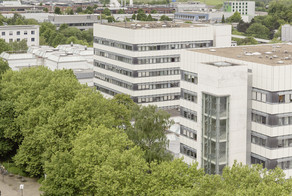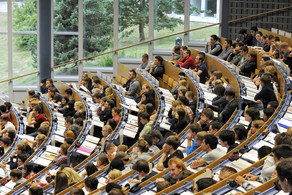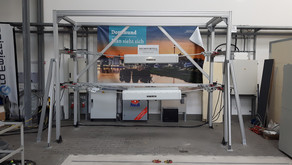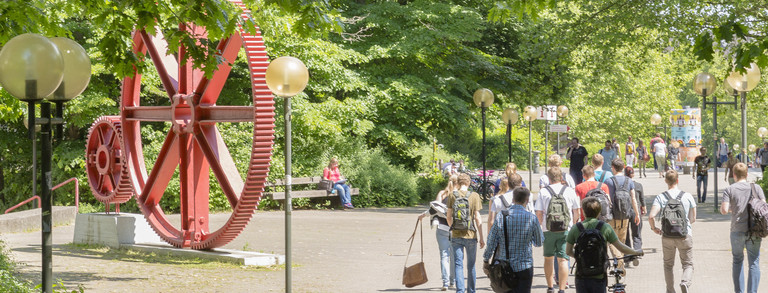ENSURE III
ENSURE III - “Neue EnergieNetzStrUktuRen für die Energiewende”
In the course of the energy transition, the requirements placed on the electrical energy system are changing rapidly. For this reason, experts from science, business and civil society organizations are jointly developing a systemic approach to the energy supply of the future. In order to meet the goals of the Paris Agreement, Germany has set itself the goal of relying solely on renewable energies by 2045. However, the transformation to a sustainable electric energy system is not easy, but involves complex challenges such as:
- handling volatile feed-in at the distribution grid level,
- the management of new challenges in energy transport,
- the realization of an overarching, society-wide sector coupling,
- the shutdown of large power plants that still ensure system stability.
In this KOPERNIKUS project "ENSURE", funded by the BMBF, highly educated & motivated people from different disciplines are working together on the vision of a power supply system that can meet the challenges mentioned above. Furthermore, the path from today's to the future system is outlined.
What is OUR contribution?
The upcoming shift in power generation will result in fewer and fewer controllable units at the transmission grid level and more and more controllable units at the distribution grid level. As a result, system operation in terms of ancillary services and system stability must be adapted to the new conditions. To address the lack of controllability in the transmission grid, one possible approach is to control distributed energy resources in clusters. These could thus provide ancillary services to the transmission grid or higher voltage levels in general.
In the course of this, a distribution grid control system has been developed, which enables the control of the power flow between two voltage levels. Through the control system, ancillary services can be provided from the distribution network to the overhead or subordinate network. Thus, for example, during an emergency condition, the power flow between the transmission and distribution networks could be adjusted to prevent a system-wide blackout. The control system uses distributed energy resources as actuators. This type of control system is referred to as cross-voltage power flow control.
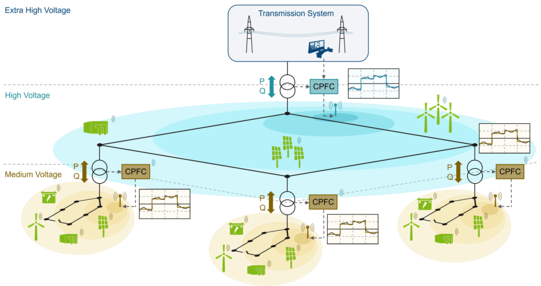
Beyond purely simulative modeling and testing, the control concept is being investigated in the Smart Grid Technology Lab through hardware-in-the-loop and geographically distributed simulations. Within the third phase of ENSURE, the partners push for the highest possible TRL in the application of their concepts.
Sponsors
- Project Duration: 2023 - 2026
- Funding Number: 03SFK1V0-3
- Funded by the Federal Ministry of Education and Research (BMBF)
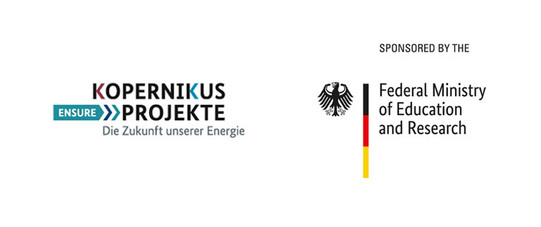
Project Partner
Bergische Universität Wuppertal, Christian-Albrechts-Universität zu Kiel, Deutsche Umwelthilfe e.V., DVGW-Forschungsstelle am Engler-Bunte-Institut des Karlsruher Instituts für Technologie, Energiewirtschaftliches Institut an der Universität zu Köln gGmbH, Friedrich-Alexander-Universität Erlangen-Nürnberg, Forschungsgemeinschaft für Elektrische Anlagen und Stromwirtschaft e.V., Fachhochschule Westküste, Germanwatch e.V., Hitachi Energy, Karlsruher Institut für Technologie, Maschinenfabrik Reinhausen GmbH, OFFIS e.V., Öko-Institut, Rheinisch-Westfälische Technische Hochschule Aachen, Schleswig-Holstein Netz AG, Siemens AG, SWKiel Netz GmbH, Technische Universität Ilmenau, TenneT TSO GmbH

